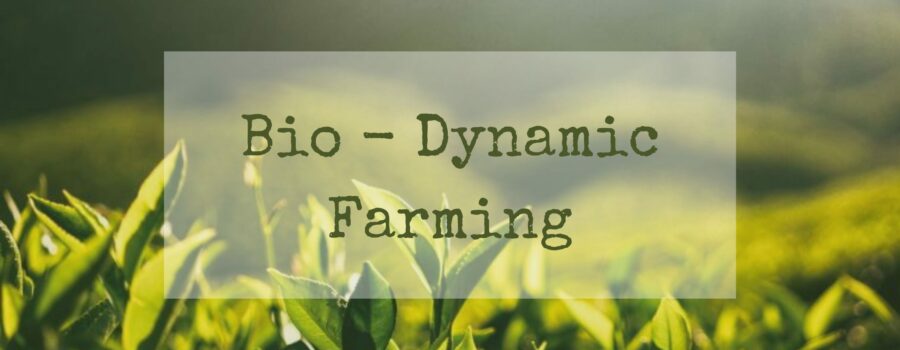Biodynamic farming is a holistic and sustainable approach to agriculture that views farms as self-sustaining, living ecosystems. It integrates organic farming principles with ecological awareness, focusing on the interconnectedness of soil, plants, animals, and the environment. The practice was developed in the 1920s by Austrian philosopher Rudolf Steiner and has since grown into a global movement. He wrote 8 lectures known as the Agriculture Course.
Biodynamic produce offers several benefits, both for consumers and the environment. Here are some key advantages:
1. Higher Nutritional Quality
- Nutrient-rich: Biodynamic farming practices often result in produce with higher concentrations of vitamins, minerals, and antioxidants due to the holistic approach to soil health and plant vitality.
- Chemical-free: Like organic farming, biodynamic farming avoids synthetic chemicals, pesticides, and GMOs, ensuring that the produce is free from potentially harmful residues.
2. Improved Soil Health
- Holistic farming methods: Biodynamic farming emphasizes composting, crop rotation, and cover cropping, leading to healthier, more fertile soil. This improves the long-term productivity and resilience of the land.
- Biodiversity enhancement: By encouraging biodiversity through the integration of animals, plants, and natural cycles, the soil becomes more balanced and sustainable.
3. Environmental Sustainability
- Lower carbon footprint: Biodynamic farms often have lower energy inputs and waste outputs, contributing to a smaller environmental footprint.
- Water conservation: Healthy biodynamic soil retains water better, reducing the need for irrigation and protecting local water resources.
4. Better Flavor and Quality
- Many consumers report that biodynamic fruits and vegetables have richer, more authentic flavors compared to conventional produce, thanks to the careful attention to soil and plant health
5. Biodiversity and Ecosystem Preservation
- Integrated ecosystem management: Biodynamic farms function as self-sustaining ecosystems, where animals, plants, and the environment are all interconnected, promoting the preservation of natural habitats and wildlife.
6. Resilience to Climate Change
- Biodynamic farming builds resilient ecosystems that are better equipped to handle climate-related stressors like droughts, floods, and temperature fluctuations.
Overall, buying biodynamic produce supports sustainable farming practices, enhances health and flavor, and contributes to the well-being of both the planet and consumers.
Here is what we have available this week:
Rumar Farm Lettuce Mix
Swiss Chard, Kale and Collards
Hot and Sweet Peppers
Garden and Sugar Snap Peas
Carrots, Beets, Radishes and Turnips
Tomatoes – Heirloom and Cherry
Green Onions
Eggplant
Garlic
Summer Squash
Pears
Herbs, Honey and Eggs
 Back to myNiagaraOnline
Back to myNiagaraOnline
































